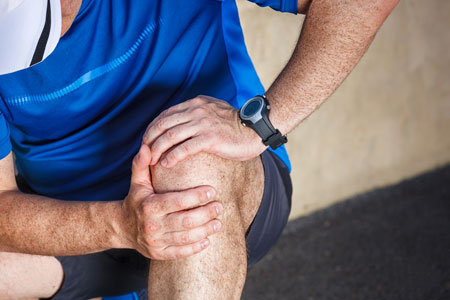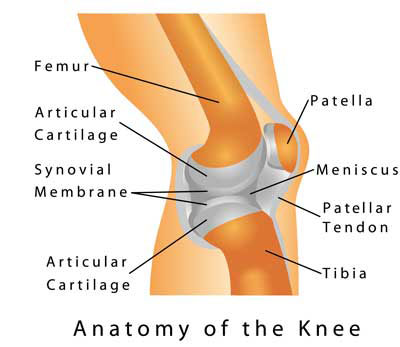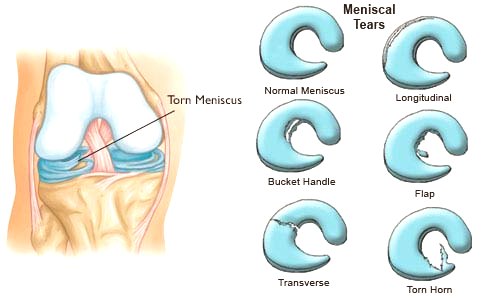
Indications for Anterior Cruciate Ligament (ACL) and meniscal knee surgery
In high velocity sports (soccer/skiing) 50% of ACL tears occur in combination with damage to the medial meniscus (cartilage). The mechanism of injury is usually deceleration, pivoting on a weight bearing leg and collisions in contact sports. Most patients describe a “pop” followed by immediate pain and swelling. The patient may report instability (“giving way”), limited range of movement and possible locking if the cartilage is torn.
X-Rays and CT scans are used to exclude fractures. MRI are 95% accurate in diagnosing ligament (ACL) and cartilage (meniscal) tears and therefore the gold standard recommended at our Bondi Junction Physiotherapy Centre.
In our Bondi Junction Physiotherapy Centre the patient in conjunction with MRI findings will be thoroughly examined using the pivot shift, Luchman’s and McMurray’s stress tests to confirm the diagnosis. Surgical repair will depend on the degree of rupture (partial or complete). The sporting/activity level of the patient as well as the instability symptoms during everyday activities are the other determining factors.
 If a patient presents to our Bondi Junction Physiotherapy Centre with a complete ACL rupture, chronic recurrent instability episodes, “locking or giving way” symptoms in the knee I always advise arthroscopic surgical repair of the ligament and debridement of the cartilage flap (bucket handle) tear. ACL deficient patients who return to high velocity sports – 90% of these patients will develop articular cartilage (meniscal) lesions and arthritic damage over a ten year period if reconstructive surgery is not done.
If a patient presents to our Bondi Junction Physiotherapy Centre with a complete ACL rupture, chronic recurrent instability episodes, “locking or giving way” symptoms in the knee I always advise arthroscopic surgical repair of the ligament and debridement of the cartilage flap (bucket handle) tear. ACL deficient patients who return to high velocity sports – 90% of these patients will develop articular cartilage (meniscal) lesions and arthritic damage over a ten year period if reconstructive surgery is not done.

The type of surgery advised at our Bondi Junction Physiotherapy Centre is arthroscopic (key hole) surgery using either the patellar tendon or semitendinosus (hamstring) graft. For decades the patellar tendon graft was used to reconstruct but due to disruption of the knee extensor mechanism causing subsequent patellar femoral pain, the semitendinosus tendon is the preferred option.
At our Bondi Junction Physiotherapy Centre we encourage patients to avoid surgery if it is a partial (isolated) ACL tear with no cartilage damage and no instability symptoms. The patient must also not engage in heavy manual work and participate in low demand sports. Young children who have not reached skeletal maturity should also not undergo surgical reconstruction.
At our Bondi Junction Physiotherapy Centre the accelerated ACL rehabilitation protocol is taught whether the patient undergoes surgery or not. It is of paramount importance to strengthen the lower limb core stabilizers and focus on sports specific rehabilitation. Knee deloading braces, taping, massage, mobilization techniques and electrotherapy modalities are also used. For further information please call our Bondi Junction Physiotherapy Centre if you have any questions or concerns regarding your knee injury.





